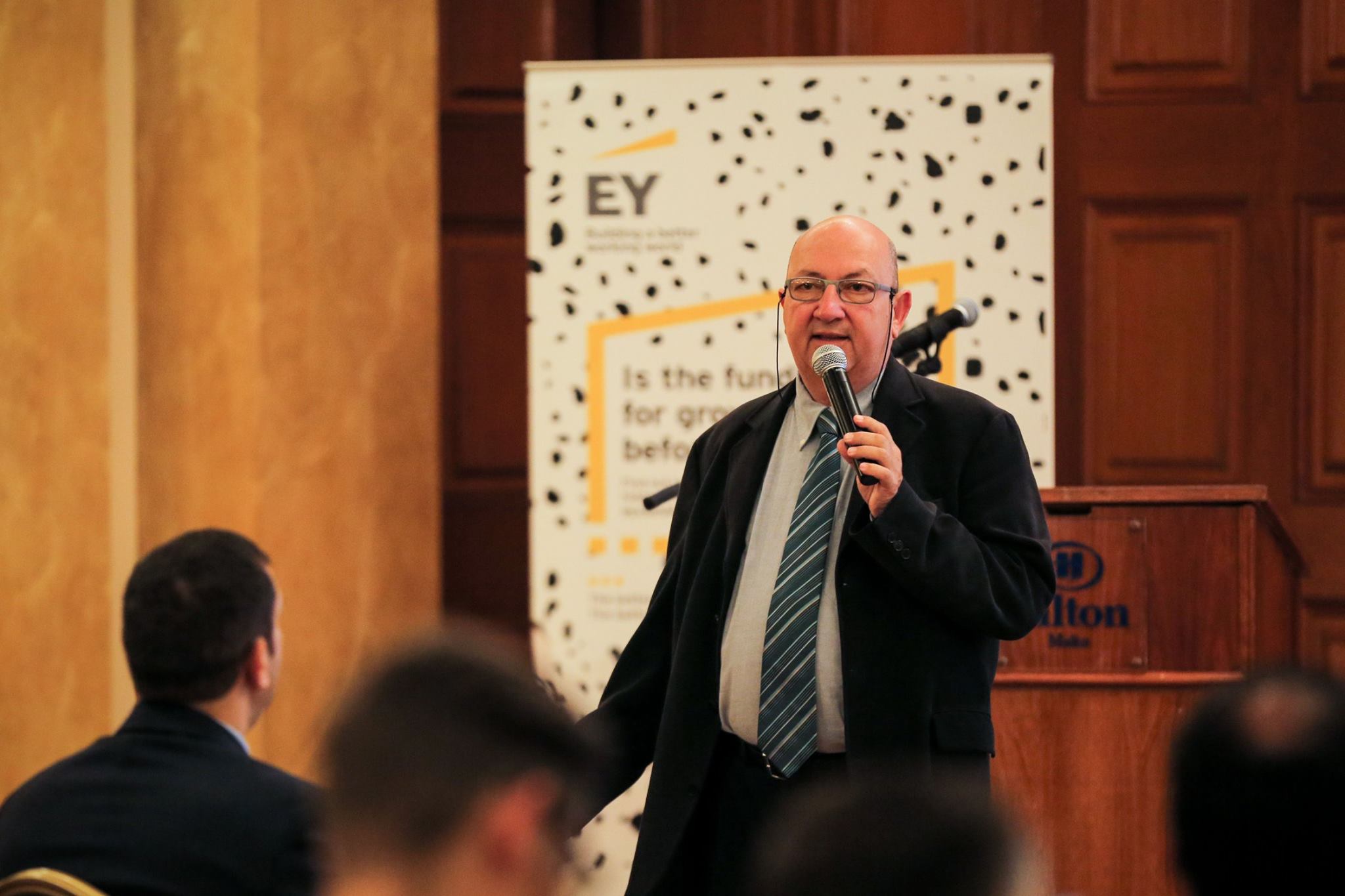While the value of a CFO’s contributions is clear during their tenure, the true measure of their impact may only become evident after they have left the business.
An essential part of a CFO’s legacy is how smoothly their successor takes the reins, making succession planning a crucial task for long-term business continuity.
Effective succession planning goes beyond merely selecting a replacement. It ensures leadership continuity and minimises disruption to the finance function and ongoing projects, which can be particularly reassuring for shareholders. A planned transition can prevent sudden shifts in market confidence, as the departure of a CFO can often affect a company’s stock price in the short term.
Interestingly, despite its importance, many companies still neglect to formalise a CFO succession plan.
Deloitte’s Q2 2024 North American CFO Signals survey revealed that nearly one-quarter of CFOs admitted their organisations lacked a formal plan for their replacement.
This oversight is particularly prevalent among the largest firms, with 28 per cent of companies generating over €9.1 billion in revenue reporting no structured succession plan.
This gap in succession planning may stem from an undervaluation of the CFO’s evolving role. Once focused on financial oversight, today’s CFOs are increasingly involved in corporate strategy and technological advancement, with greater influence on overall company direction. As such, companies should be preparing for the future by cultivating CFOs capable of navigating strategic complexities, mastering new technologies, and driving growth. Yet succession planning is often an afterthought.
As CFO turnover rises, with 4.8 per cent of CFOs in the S&P 500 leaving their roles in the first quarter of 2024—up from 2.8 per cent in the same period in 2023—preparing for the next generation of leaders is becoming urgent. Demographic shifts also play a role, as a wave of retirements among Baby Boomers, dubbed the “silver tsunami,” is reshaping the executive landscape. Despite these shifts, 66 per cent of incoming S&P 500 CFOs are internal promotions, showing the importance of preparing the right candidates from within.
Succession planning isn’t just a matter of filling a role. CFOs must have operational experience, technological fluency, and commercial acumen, all of which are increasingly in demand.
In Deloitte’s survey, operational experience was cited by 37 per cent of CFOs as a critical trait for their successors, while 30 per cent pointed to technological know-how. This shift highlights the growing expectation for CFOs to be forward-thinking leaders, especially as technology such as generative AI becomes a transformative force in finance.
The CFO’s role in succession planning is significant but not always central. In fact, only 29 per cent of CFOs surveyed said they are primarily responsible for their own succession planning. Instead, CEOs (29 per cent) and Chief Human Resources Officers (24 per cent) are more likely to lead the process. However, CFOs do play a critical role in developing a strong leadership pipeline, ensuring that potential successors are well-prepared for the challenges ahead.
While the prospect of identifying a successor can bring about anxiety for both the outgoing CFO and those in line for the role, careful planning can smooth the transition. A well-executed succession plan ensures that the business retains top talent, avoids unnecessary disruption, and maintains investor confidence. For companies facing constant change—whether due to technological advances or shifting market conditions—ensuring a solid succession strategy is vital to long-term stability and success.
HSBC Malta names Anthony Doublet as Non-Executive Director
He brings more than four decades of professional experience to the role.
Shoulder Compliance appoints Daniella Mizzi as Head of Anti-Financial Crime
She was described as 'a highly effective partner.'
Designing work and health around real lives: Inside this year’s Women for Women Expo
What began in 2015 as a Facebook group has evolved into a 61,000-strong community and yearly Women-led Expo.
Xara Collection CEO praises team after impressive Michelin showing
Xara restaurants and team members received five honours in the 2026 Michelin Guide.









